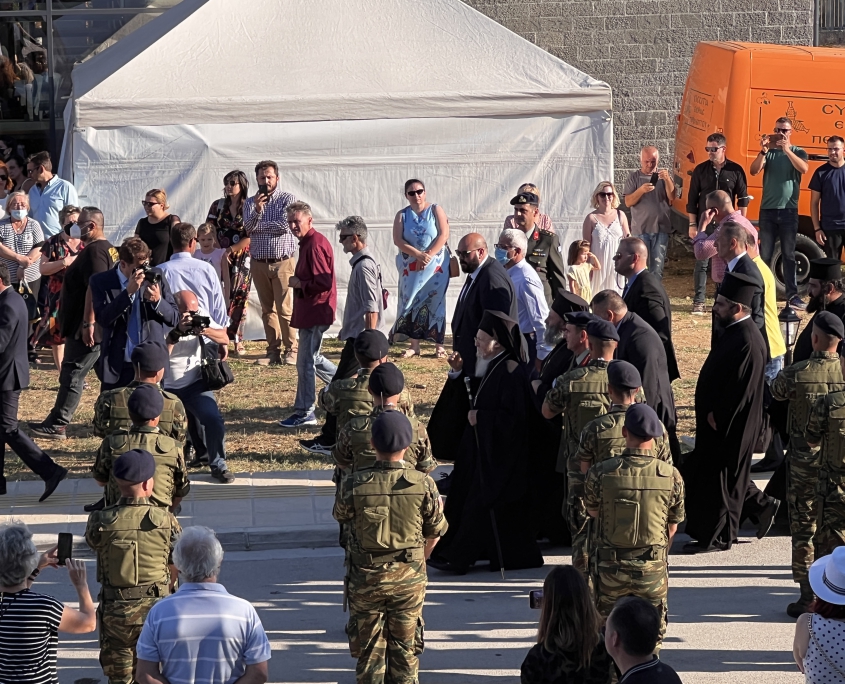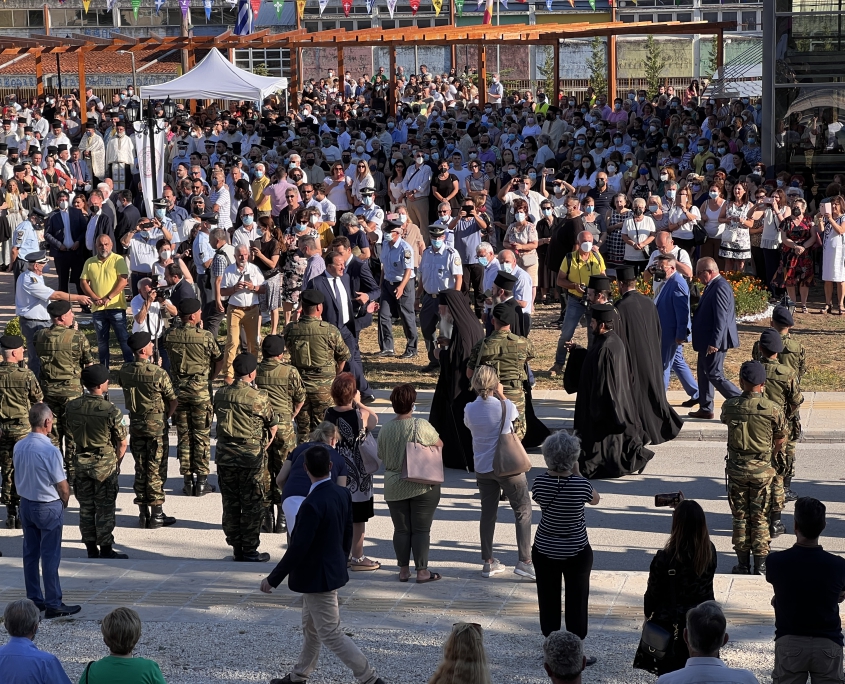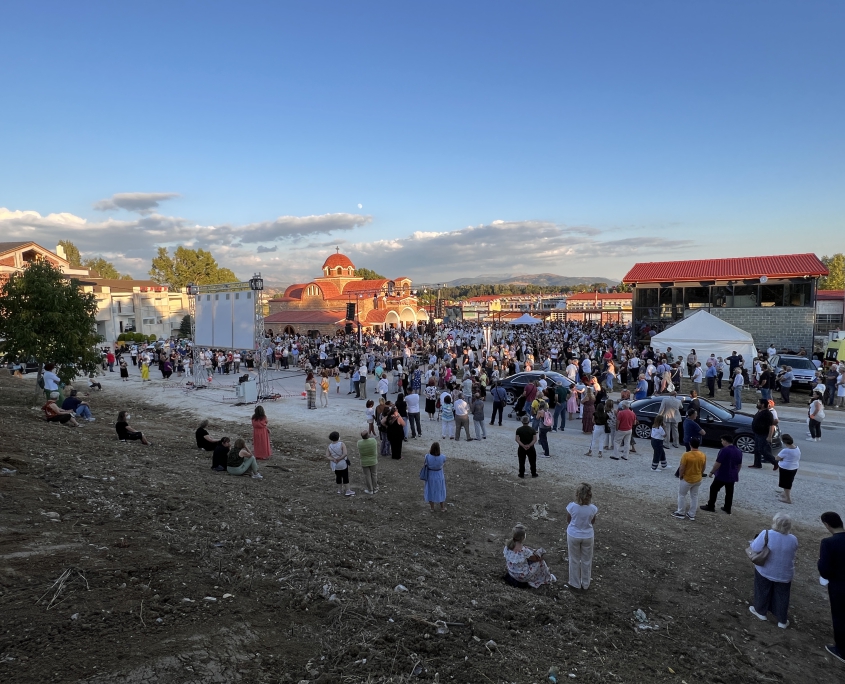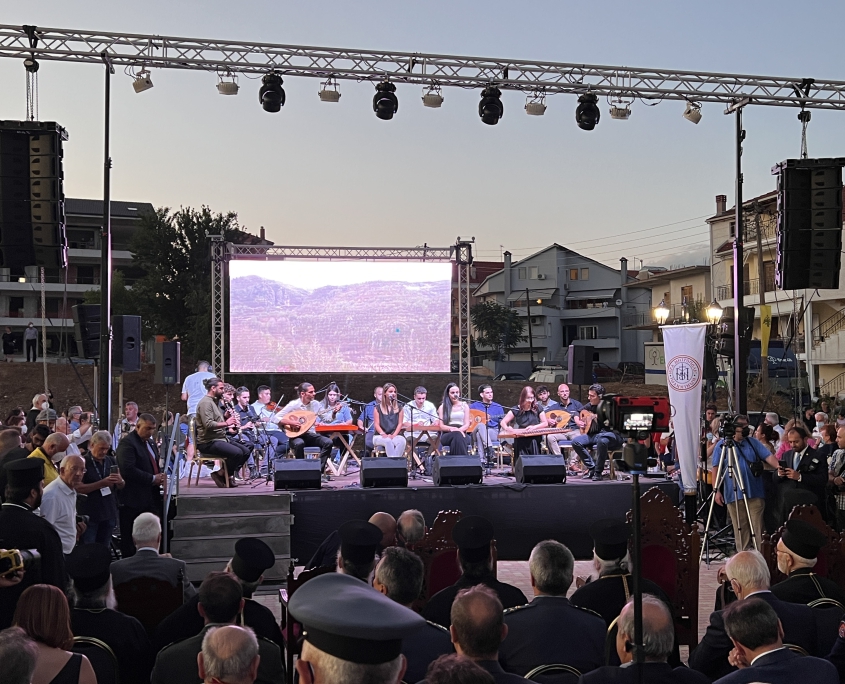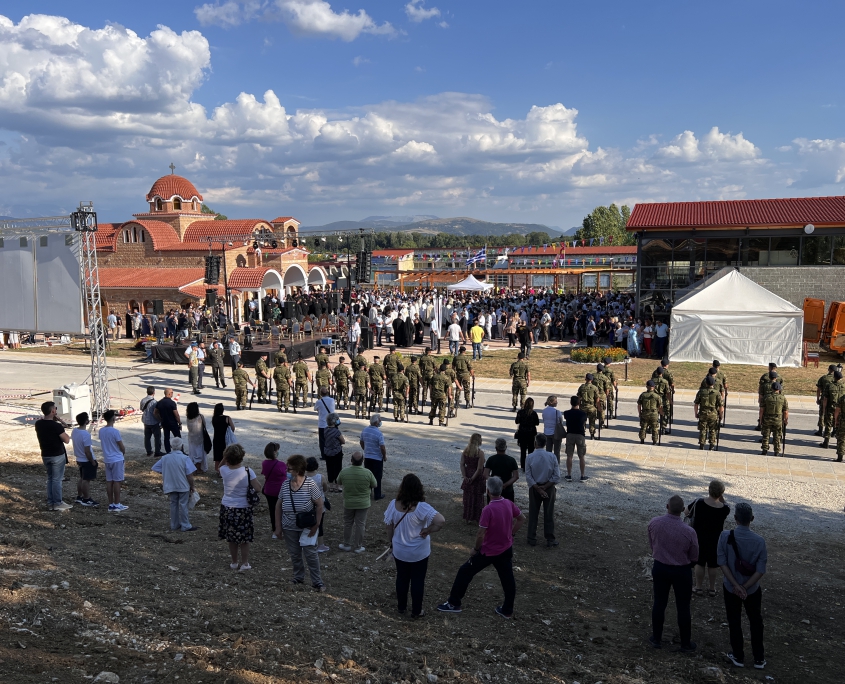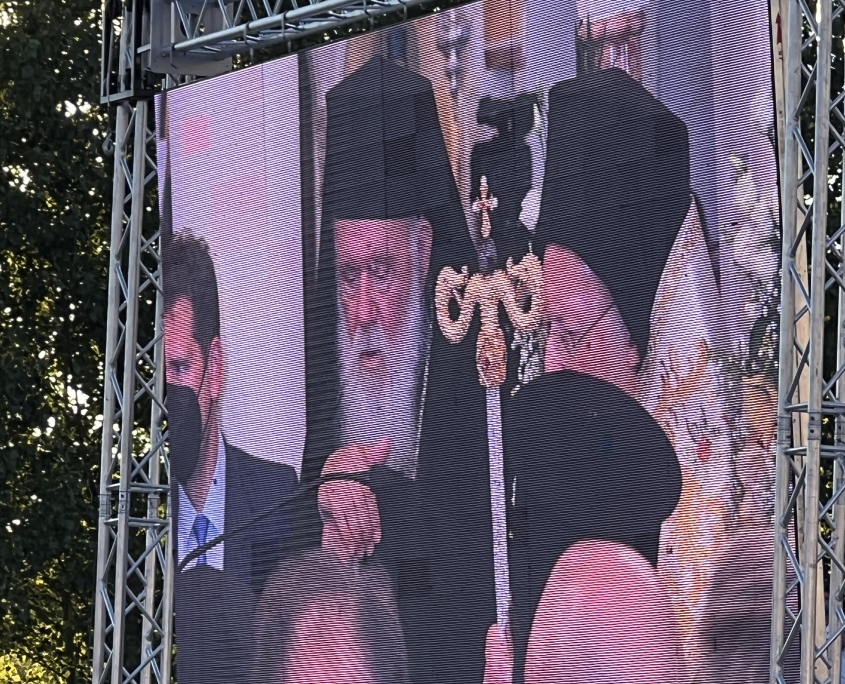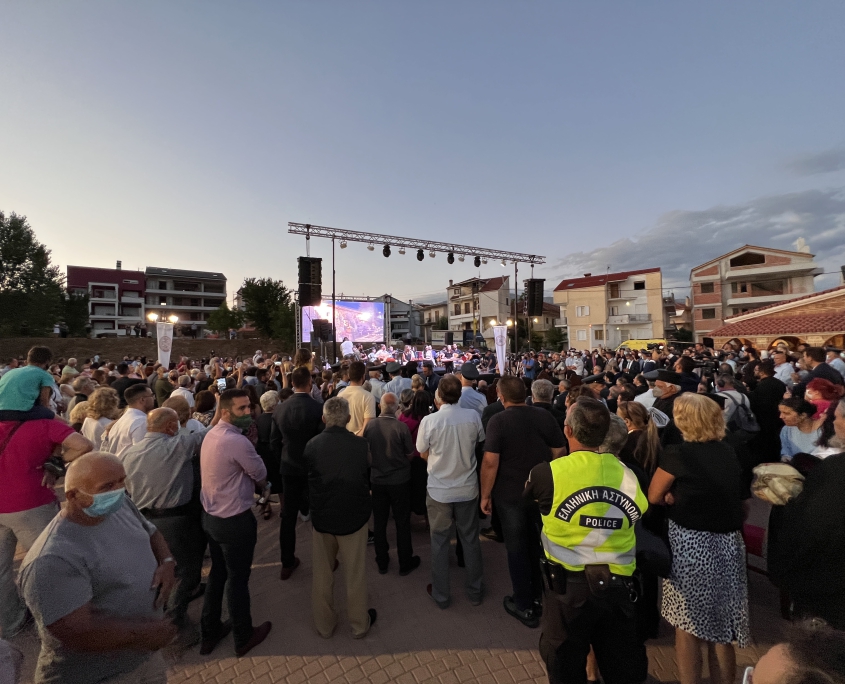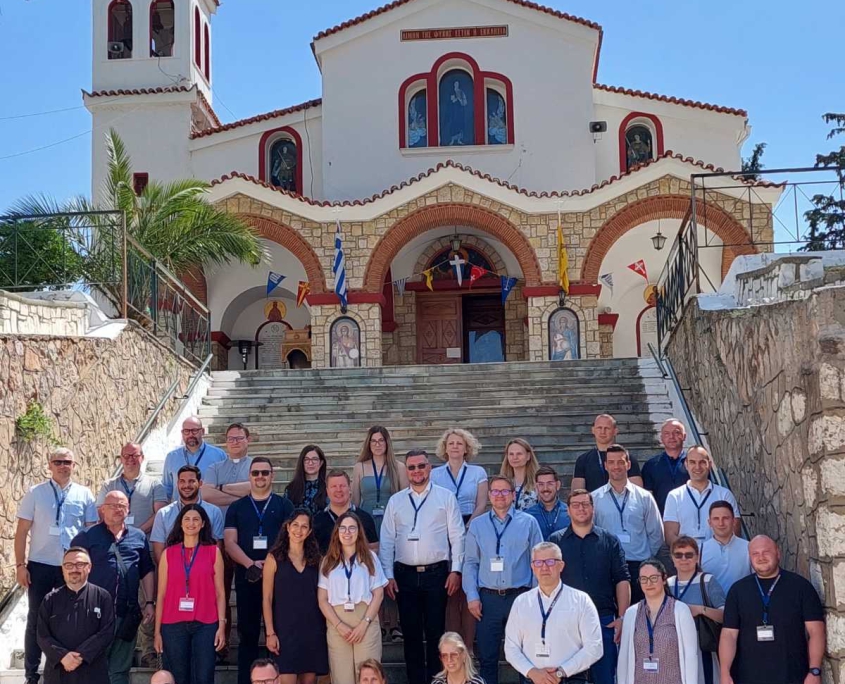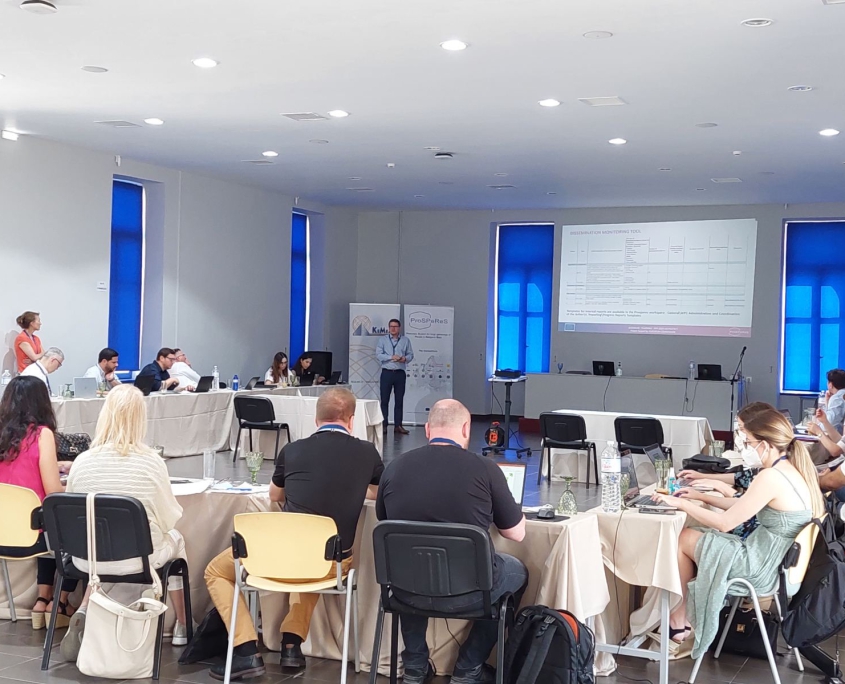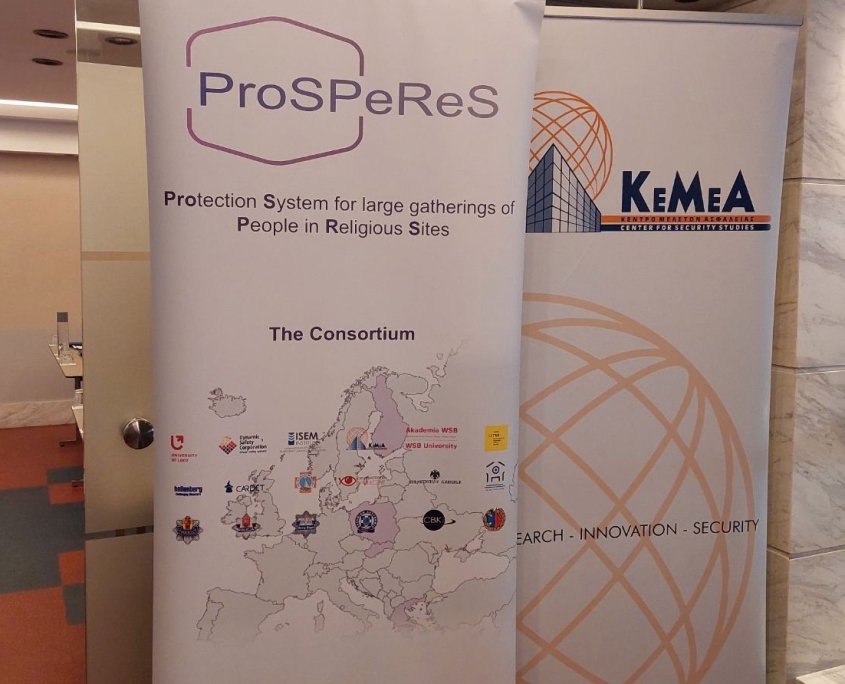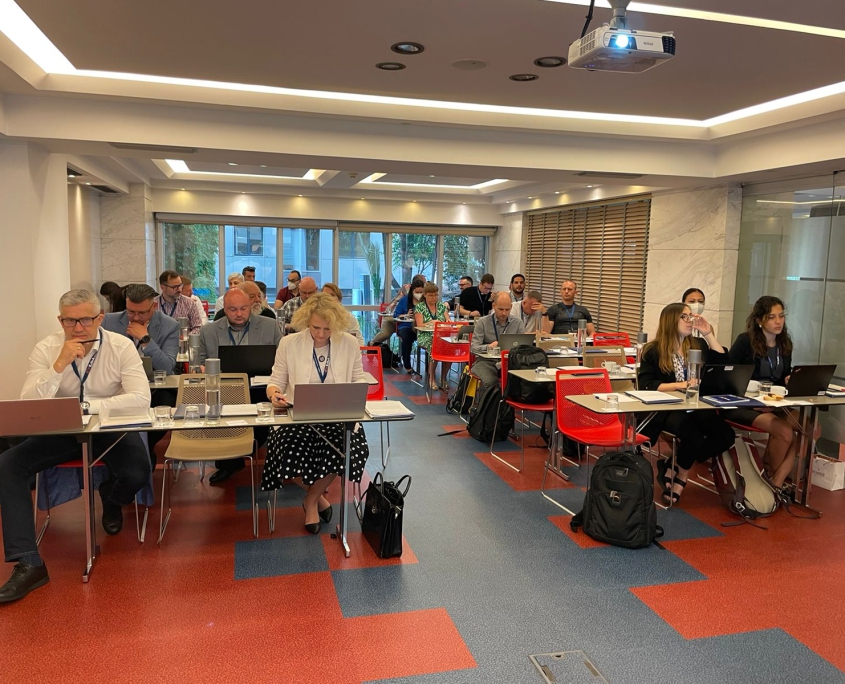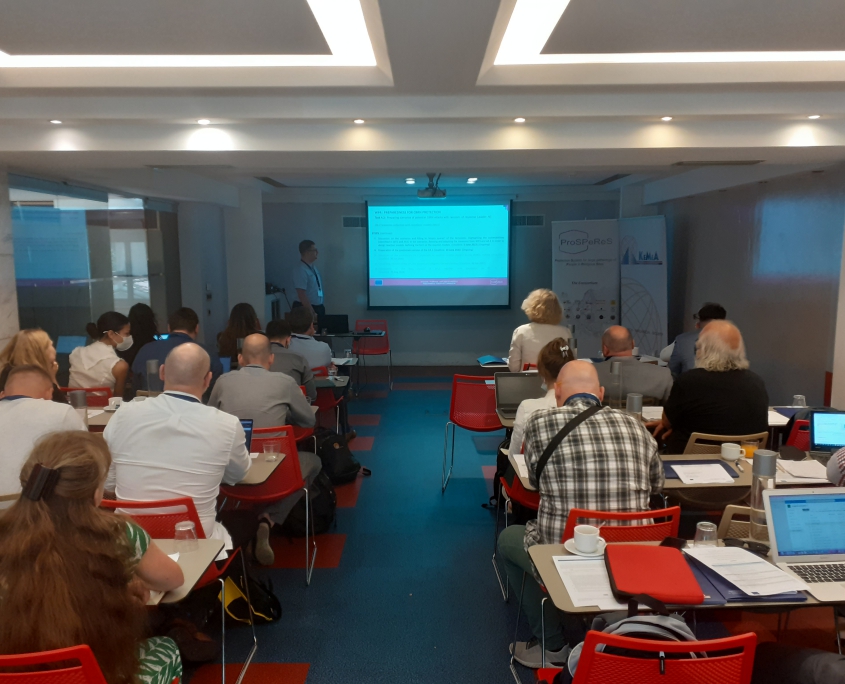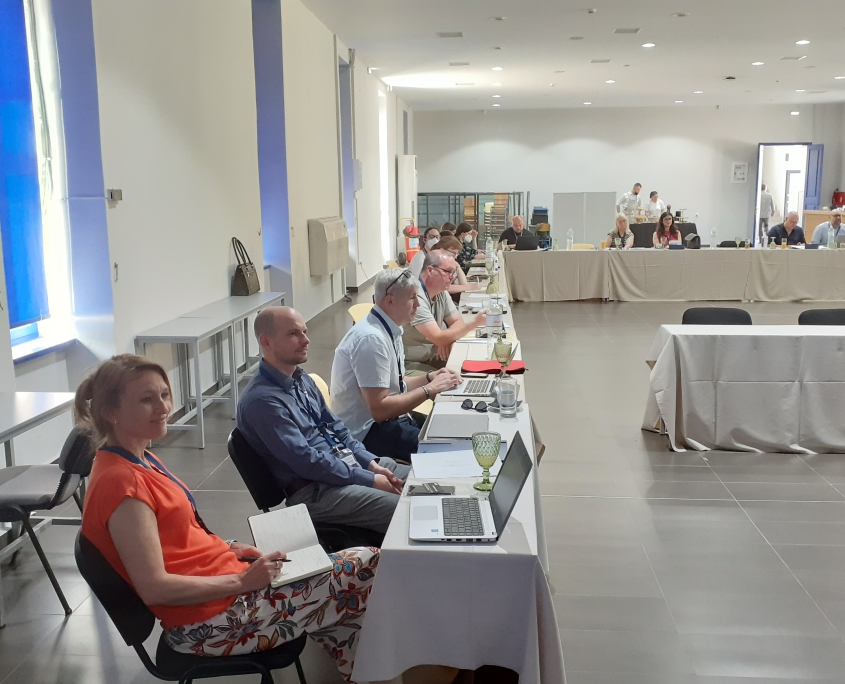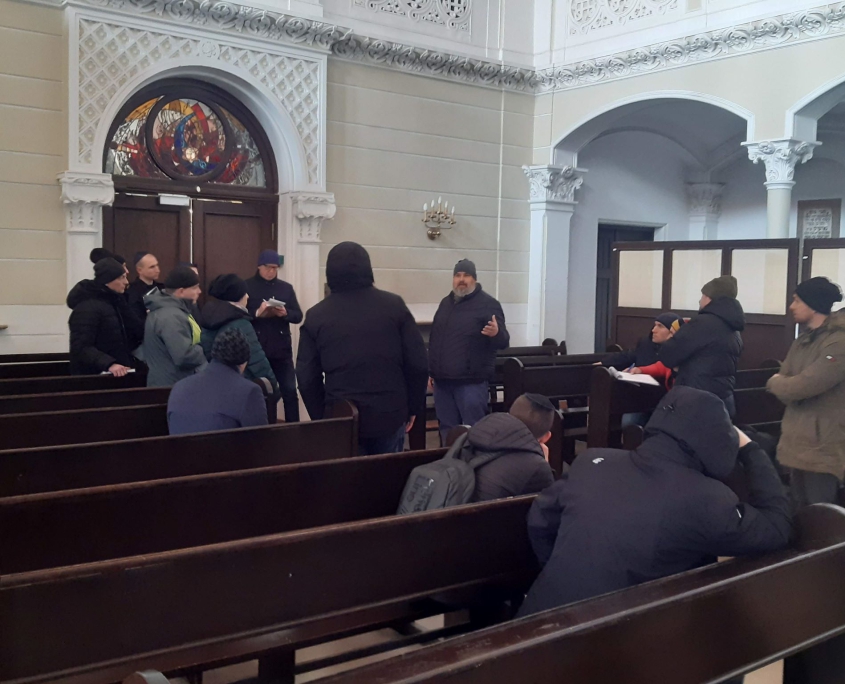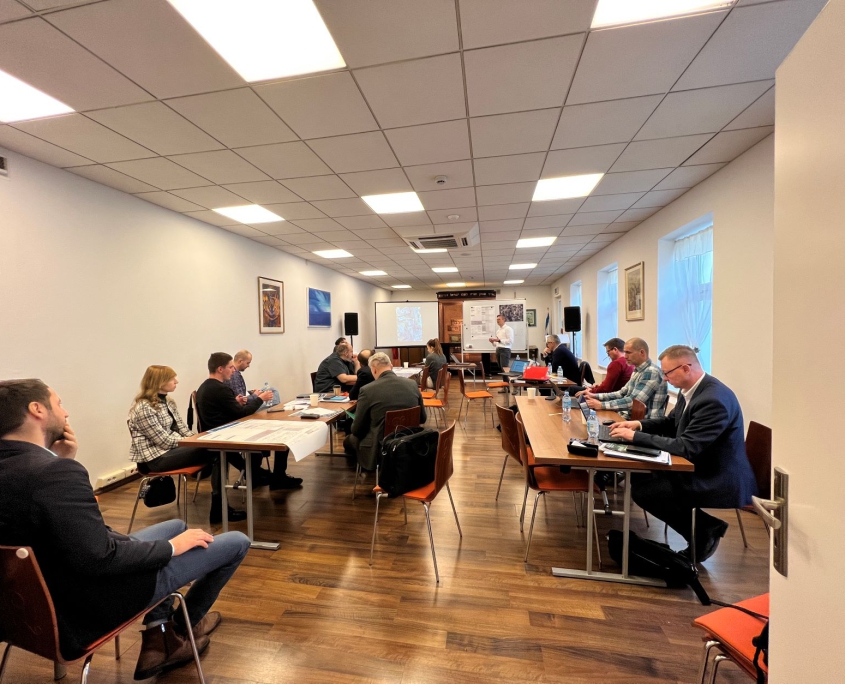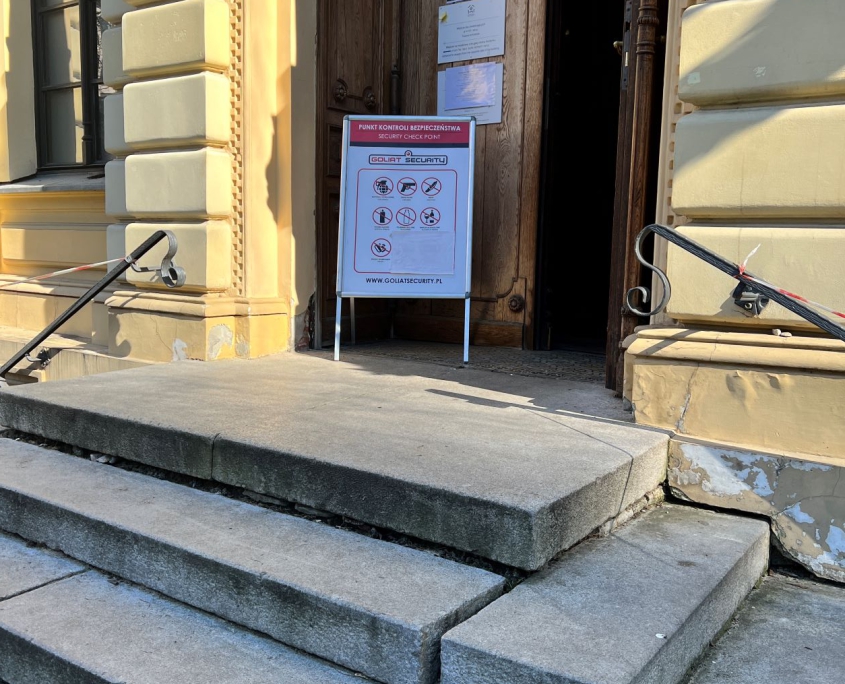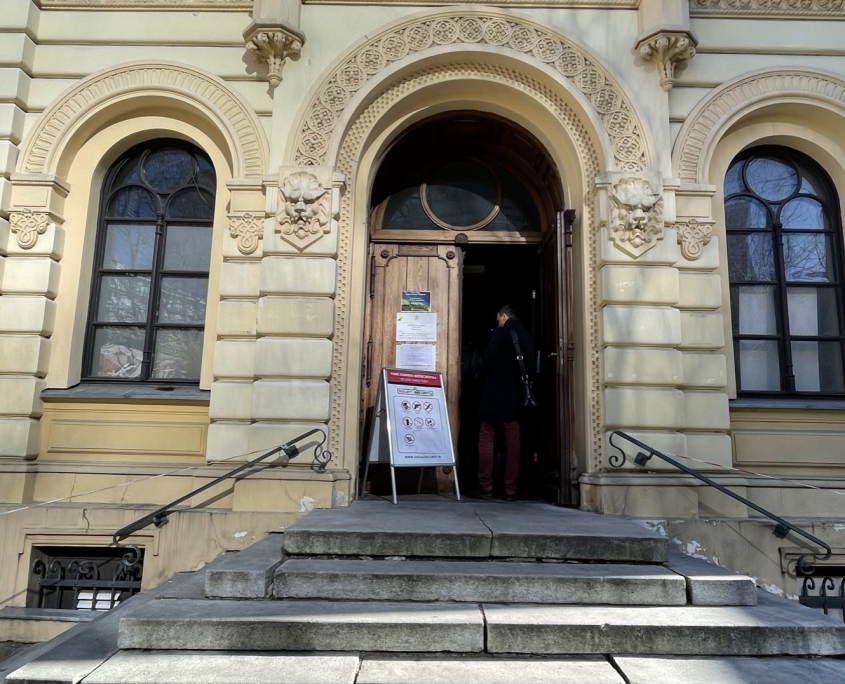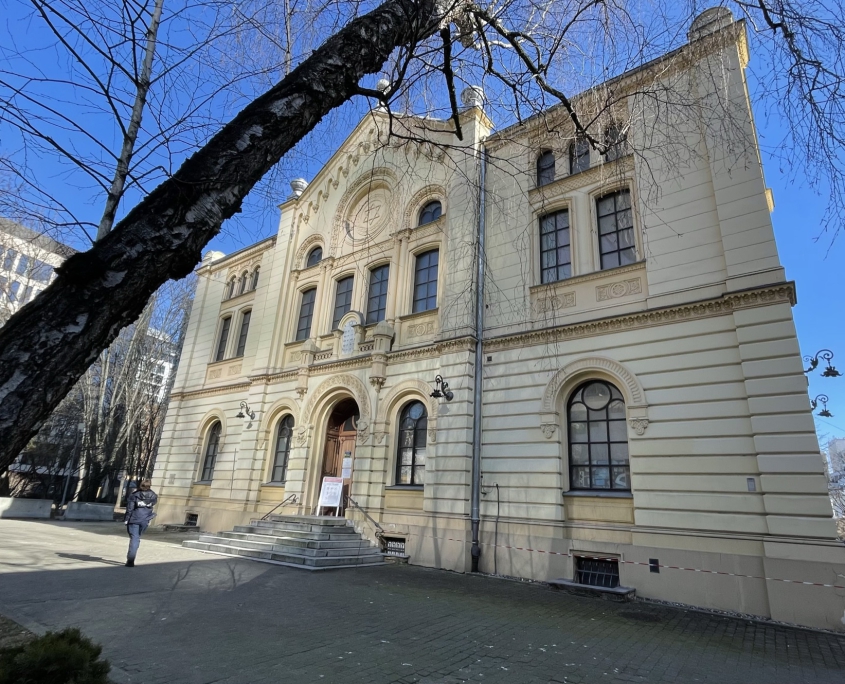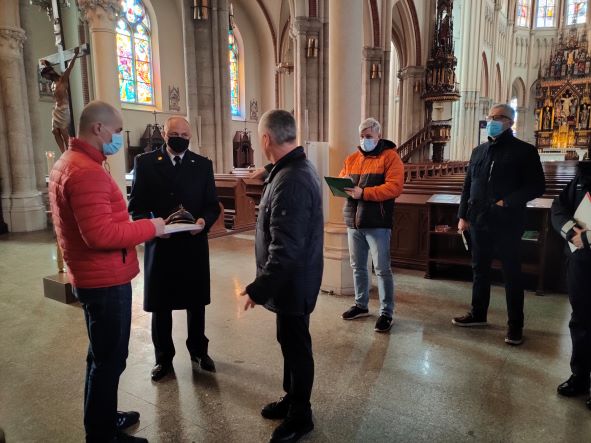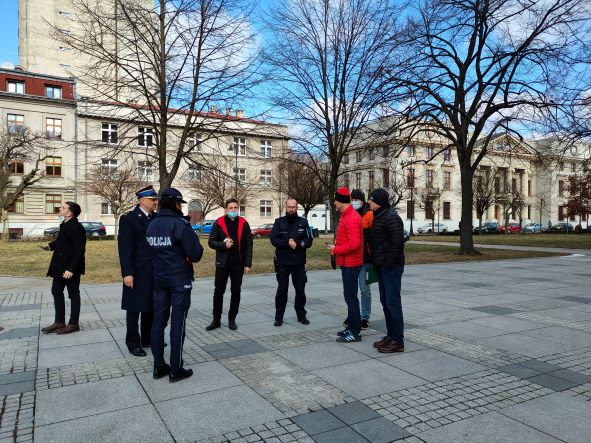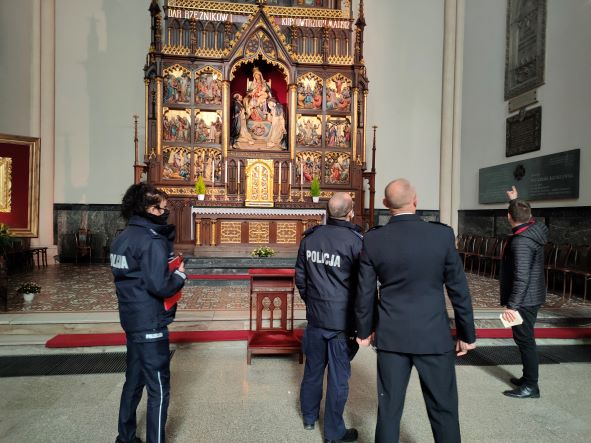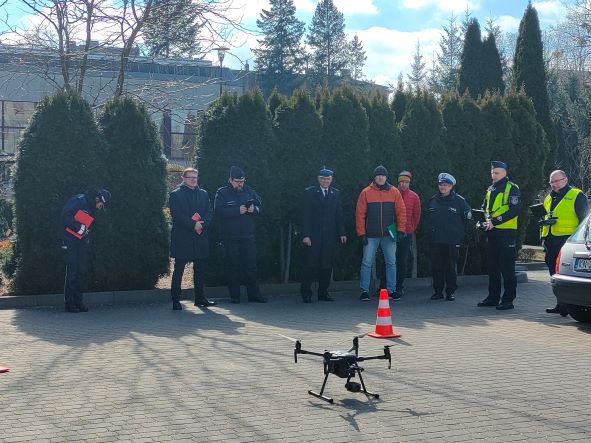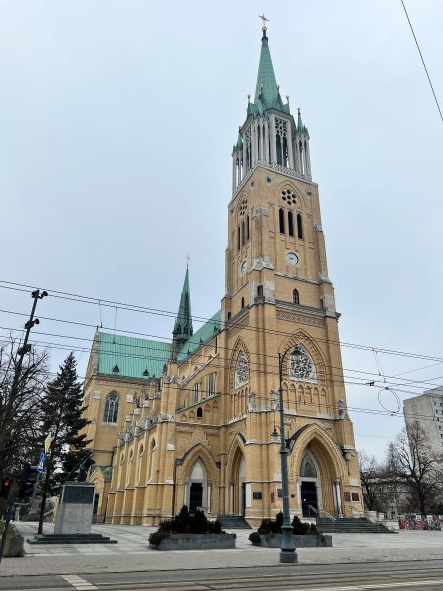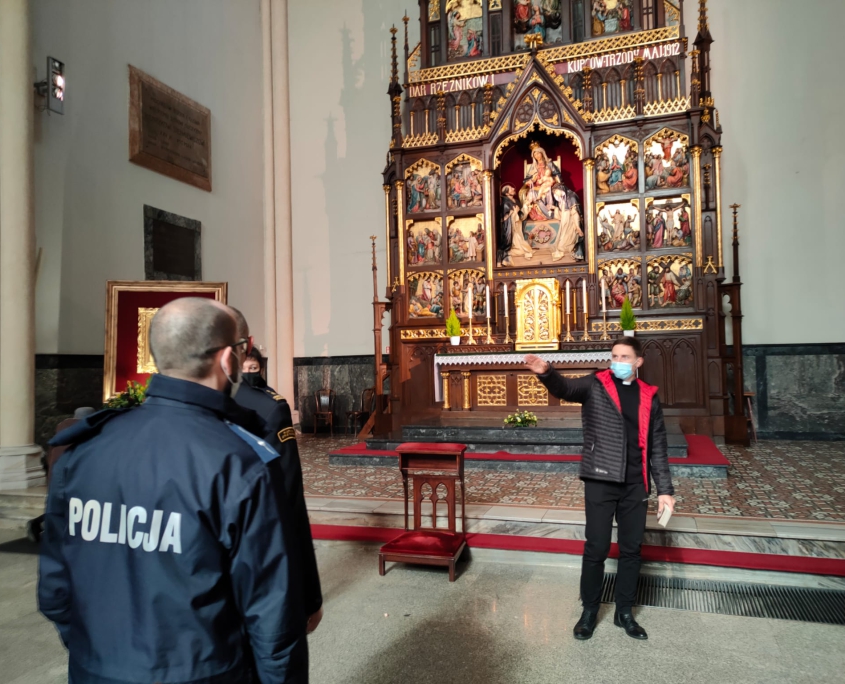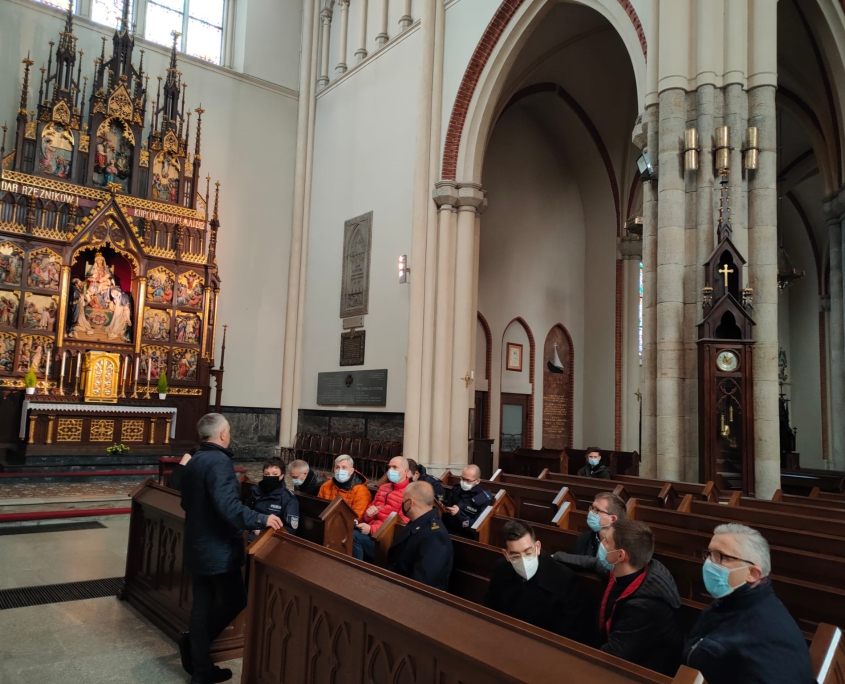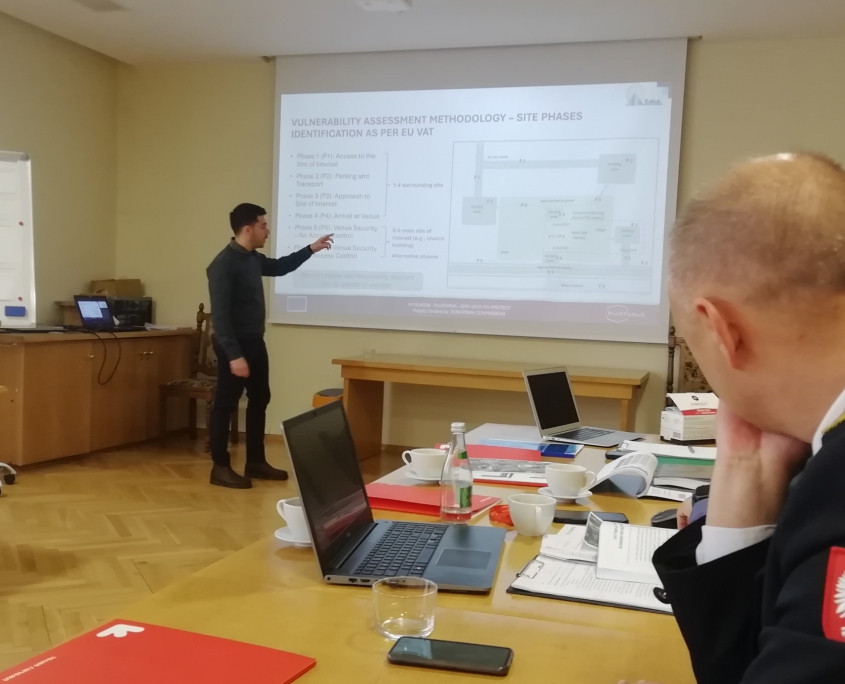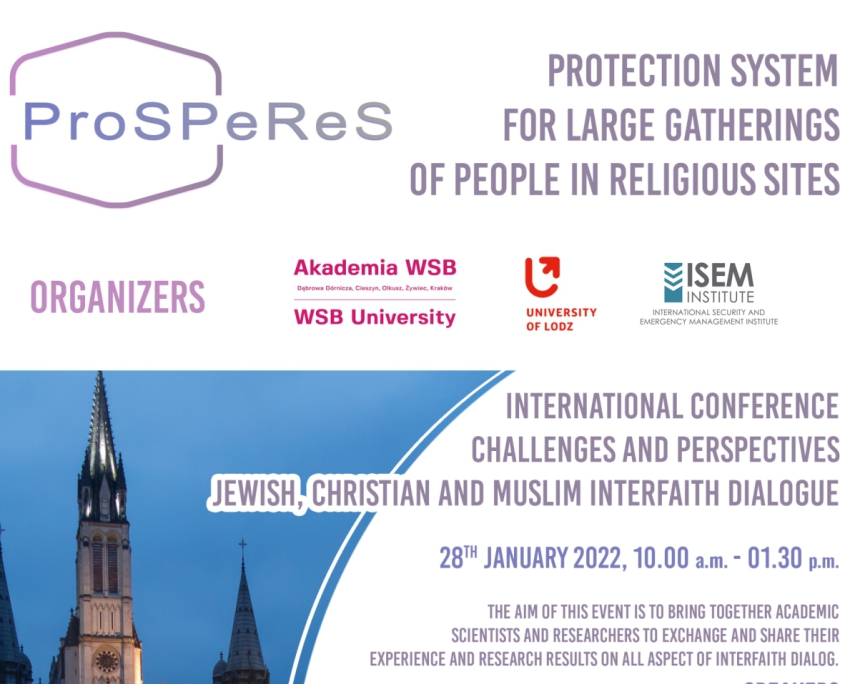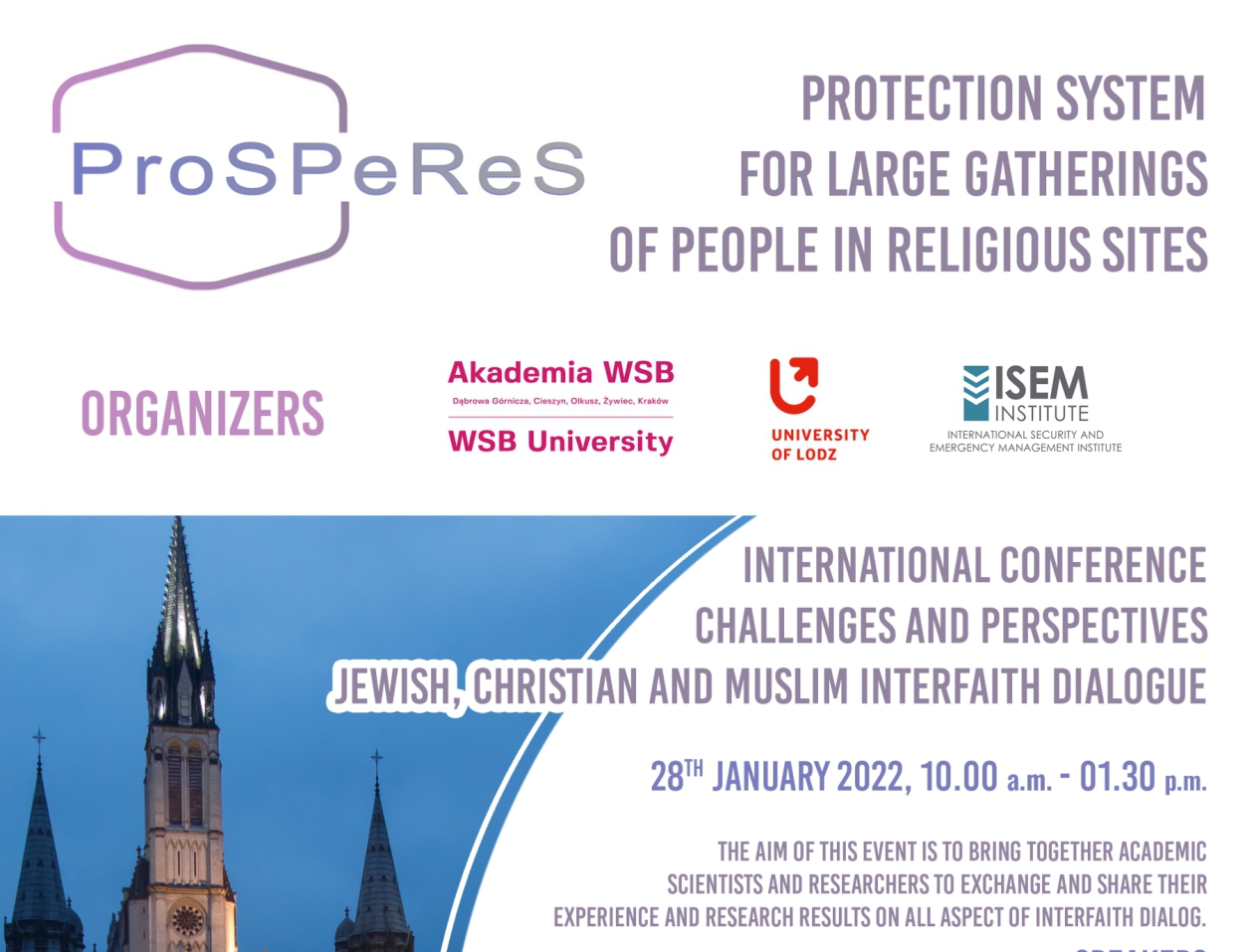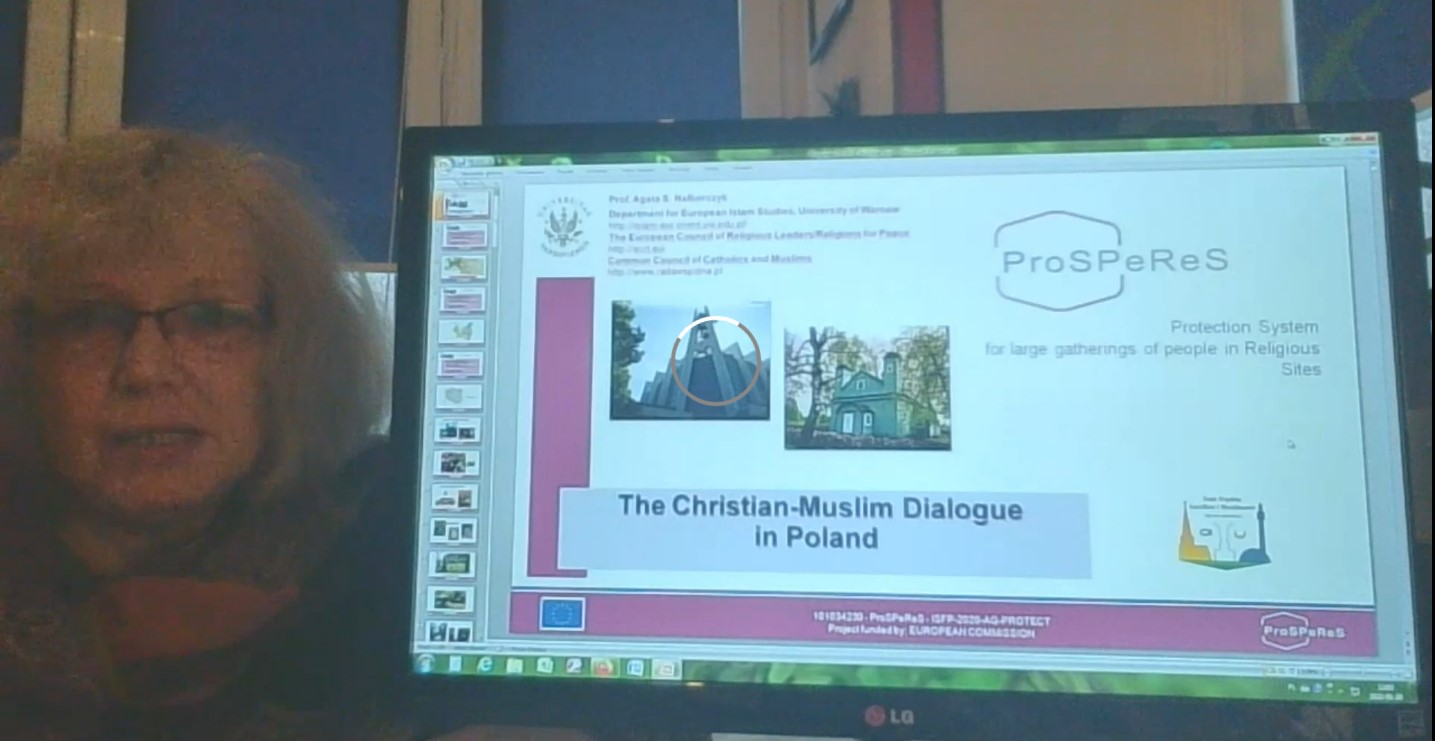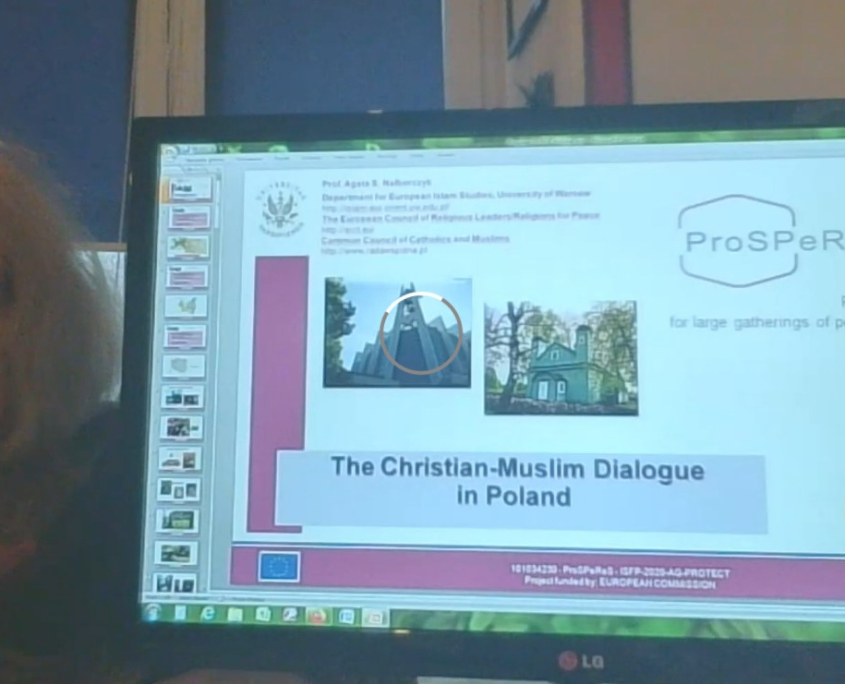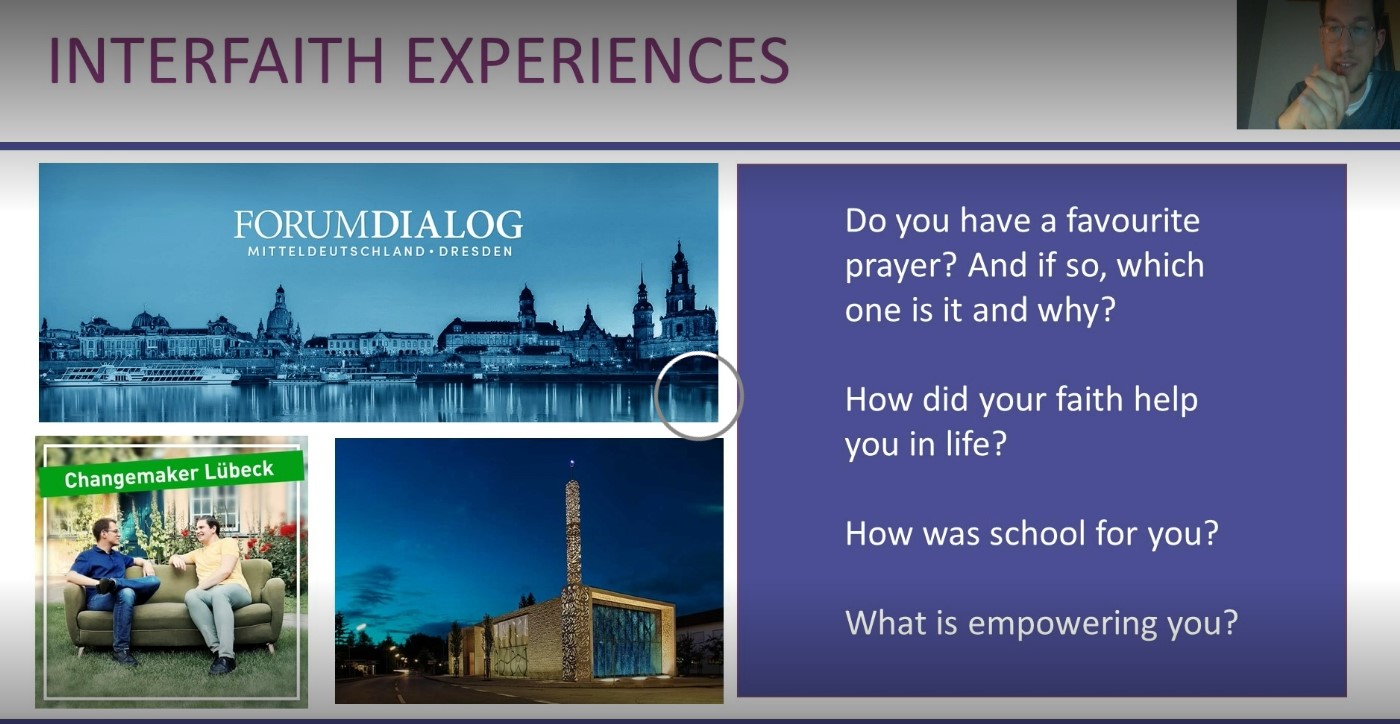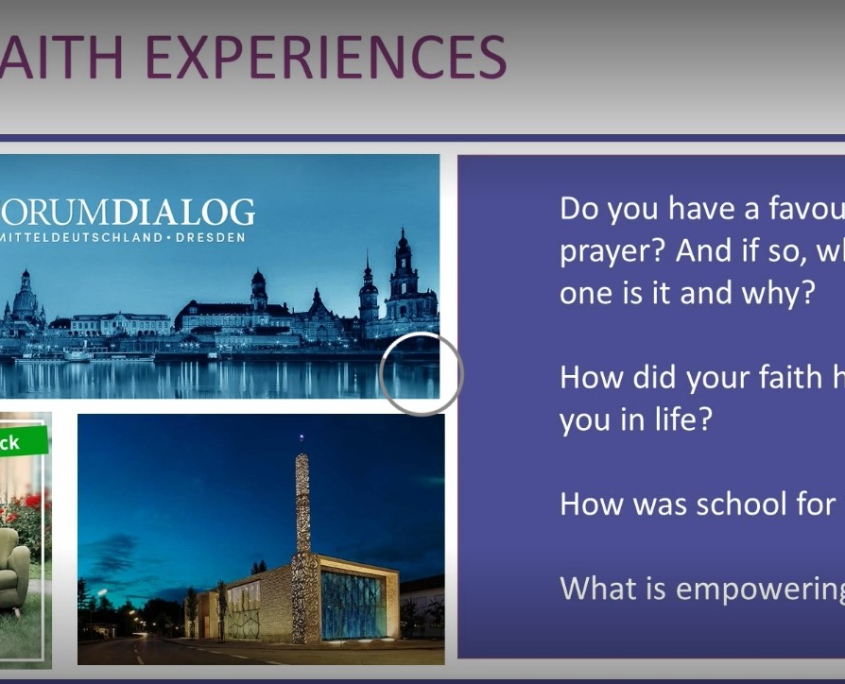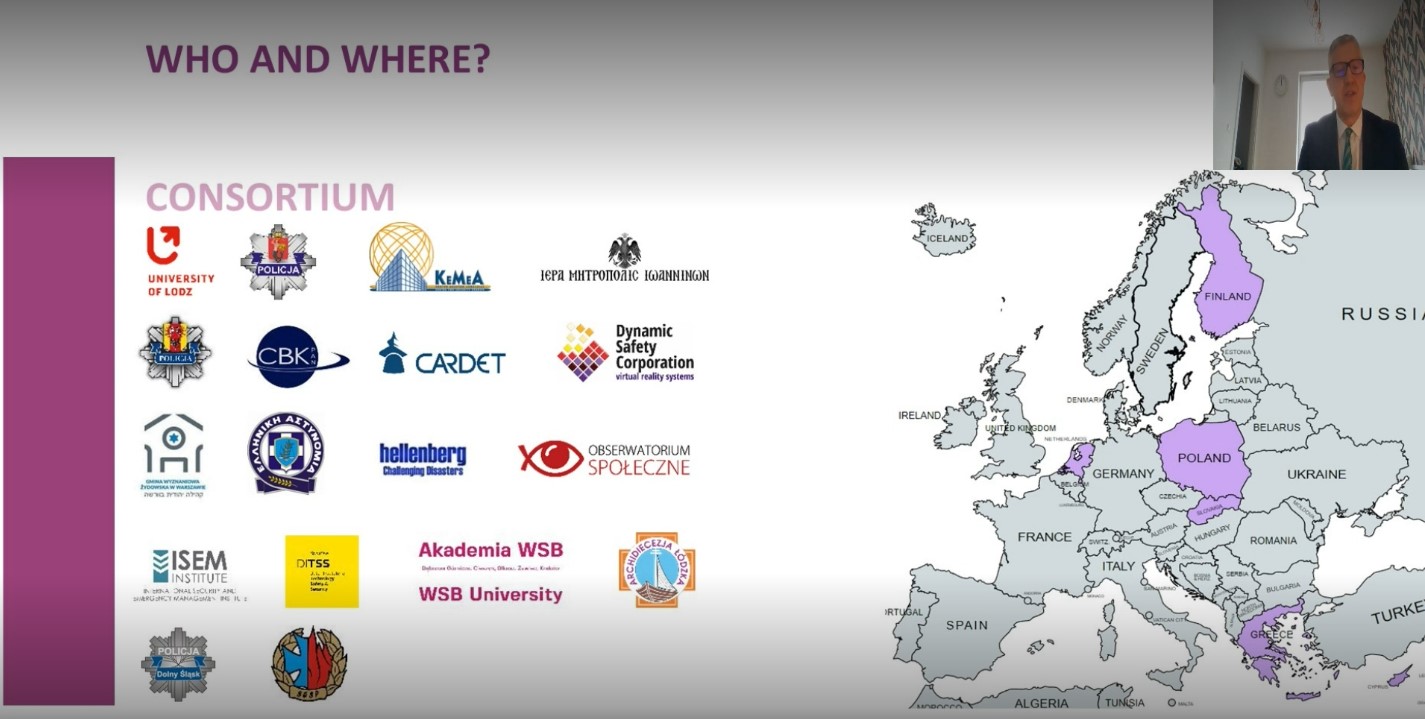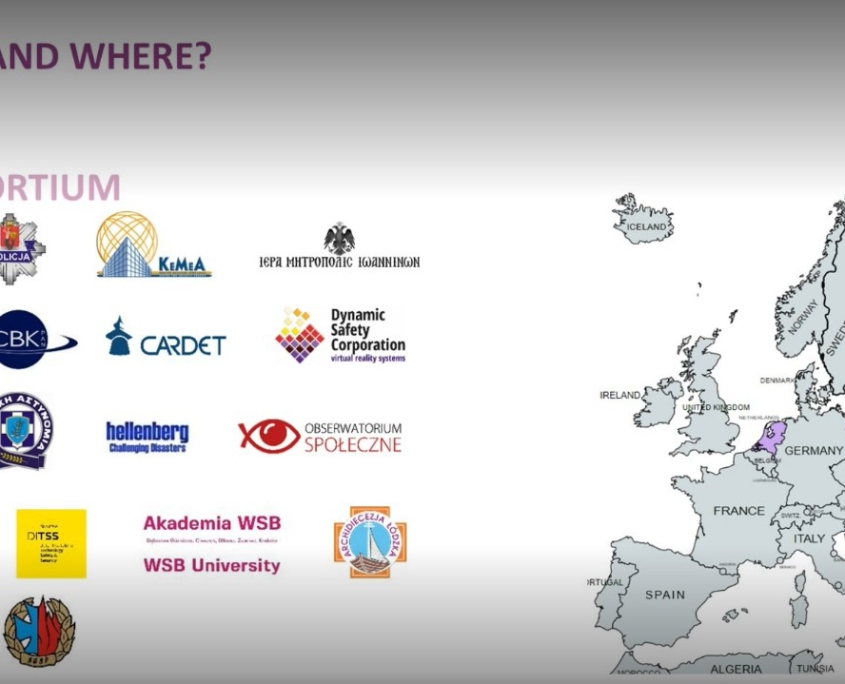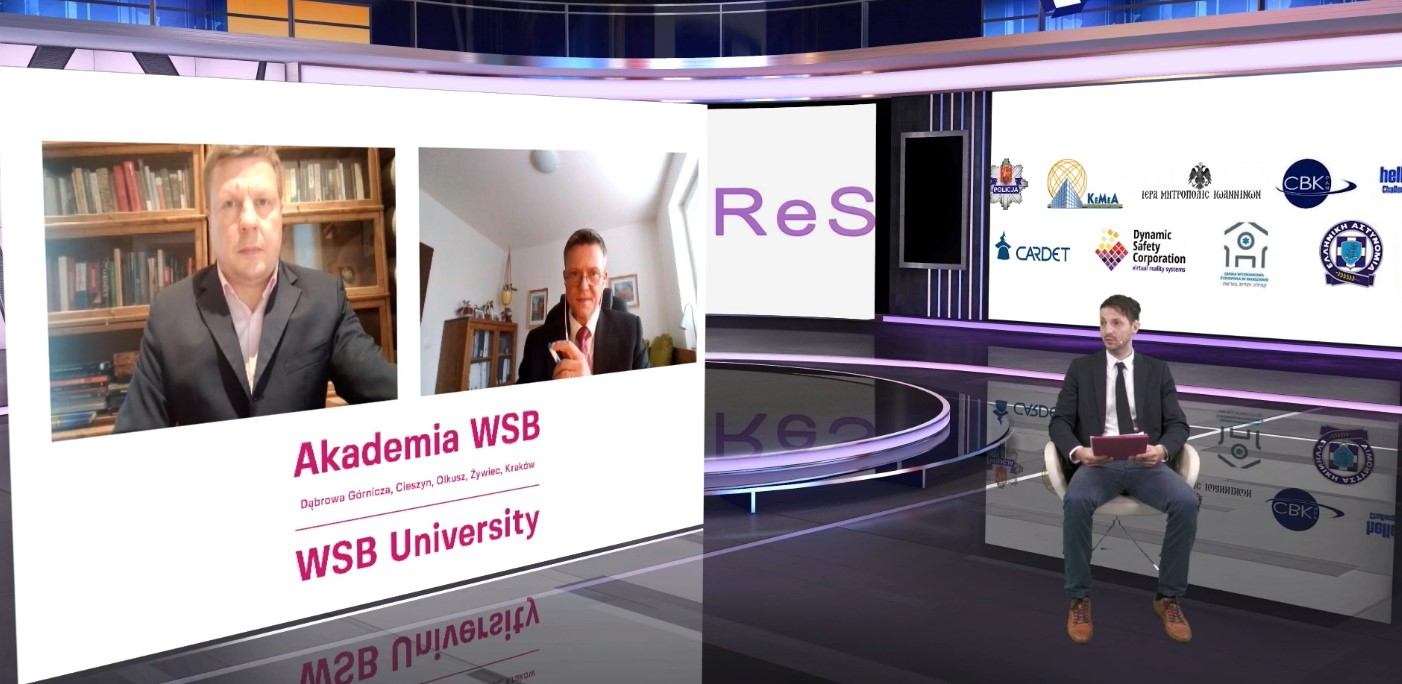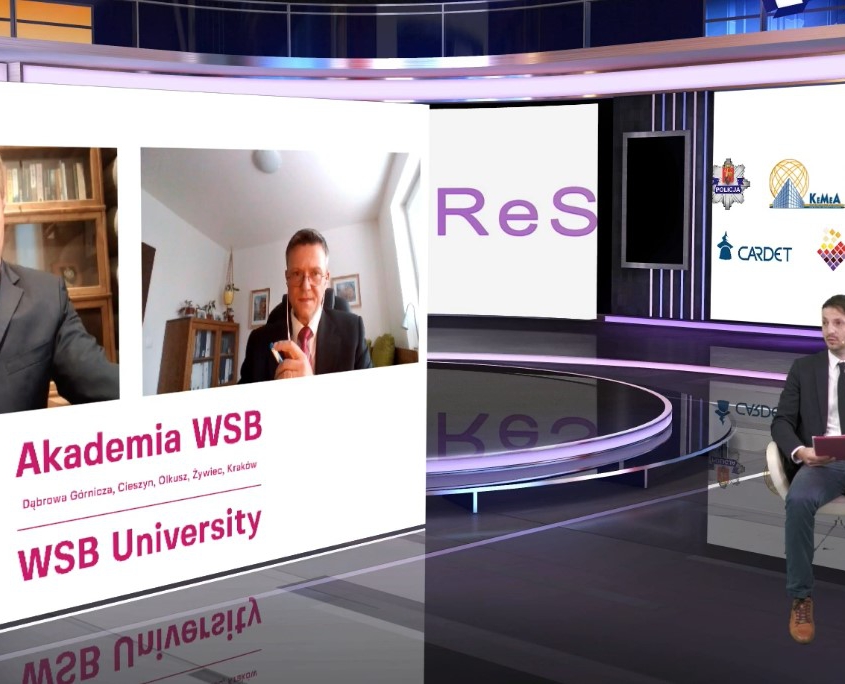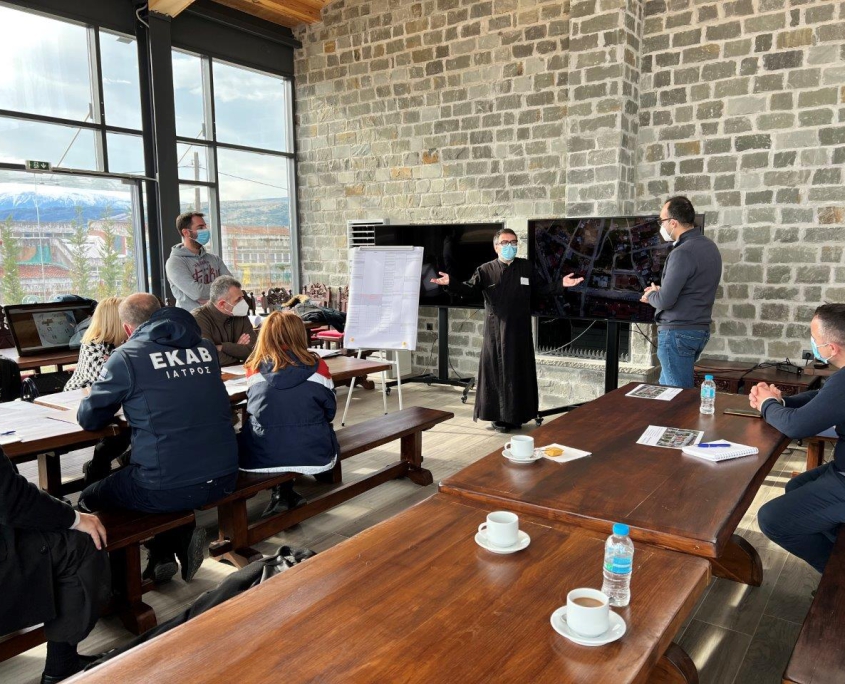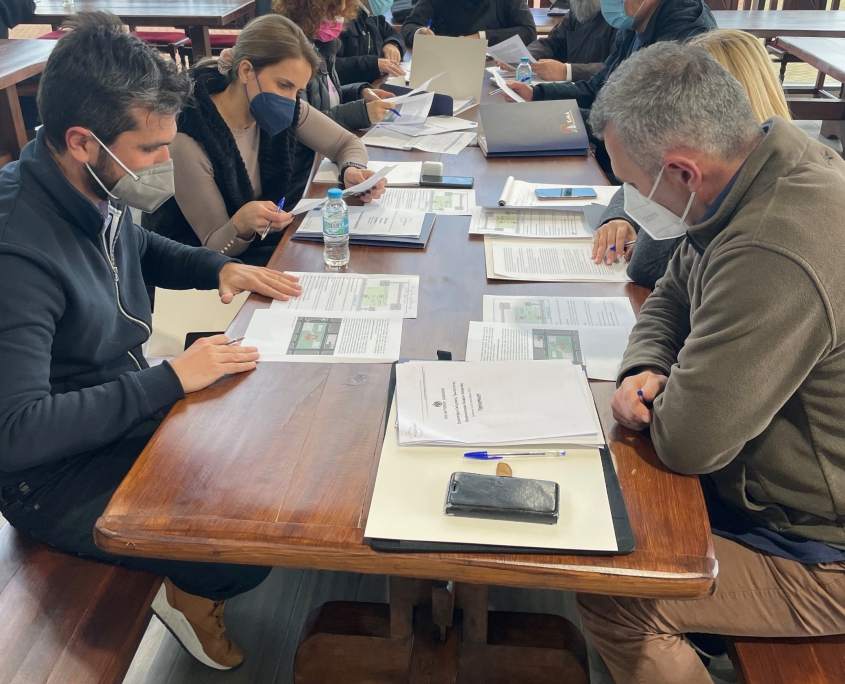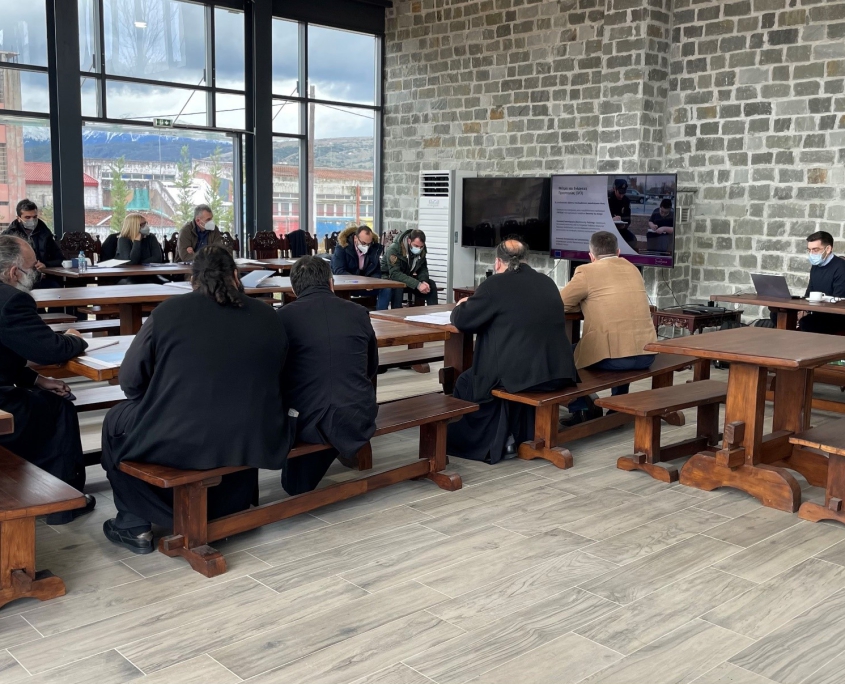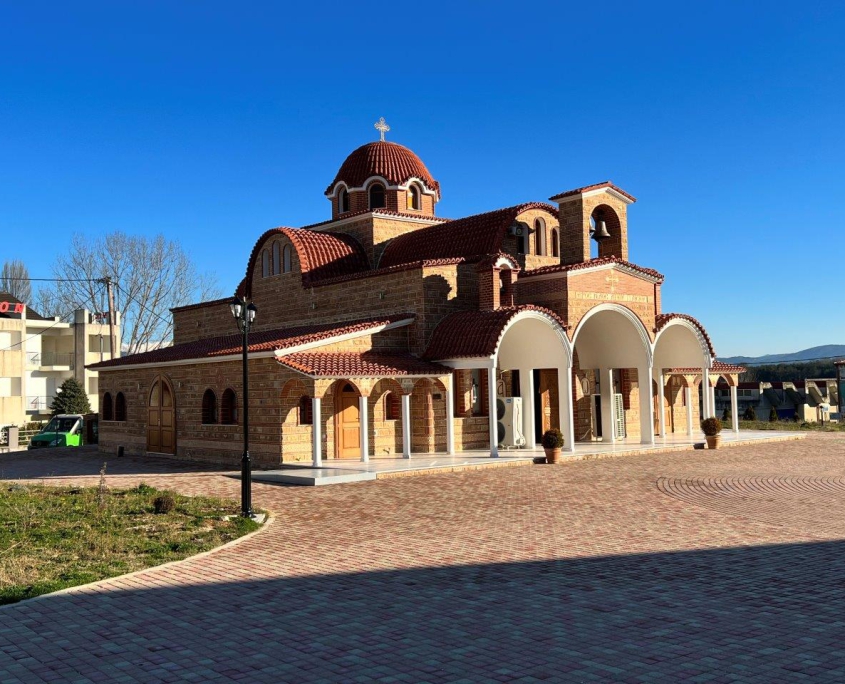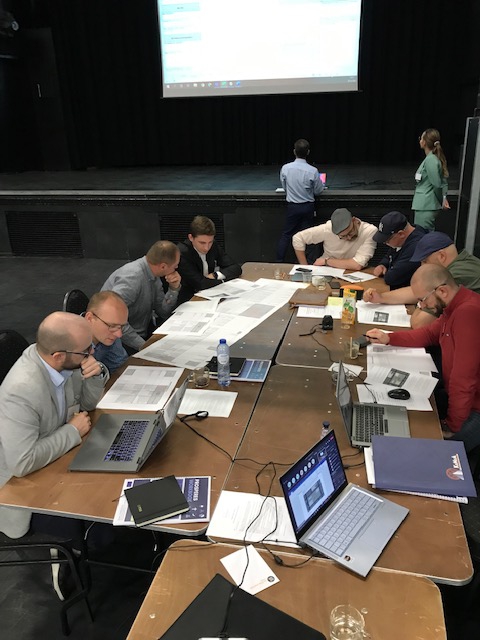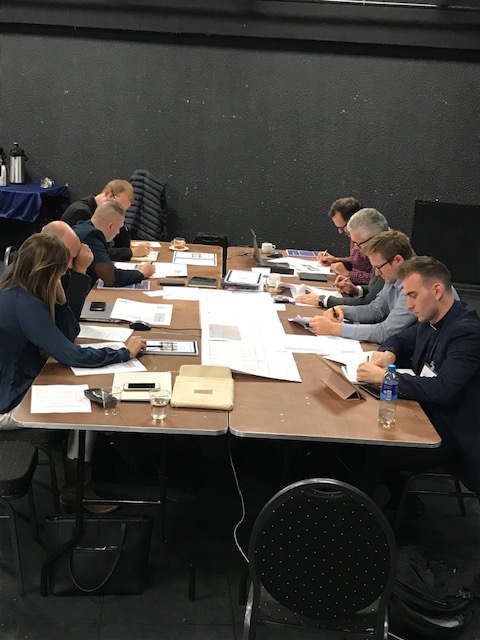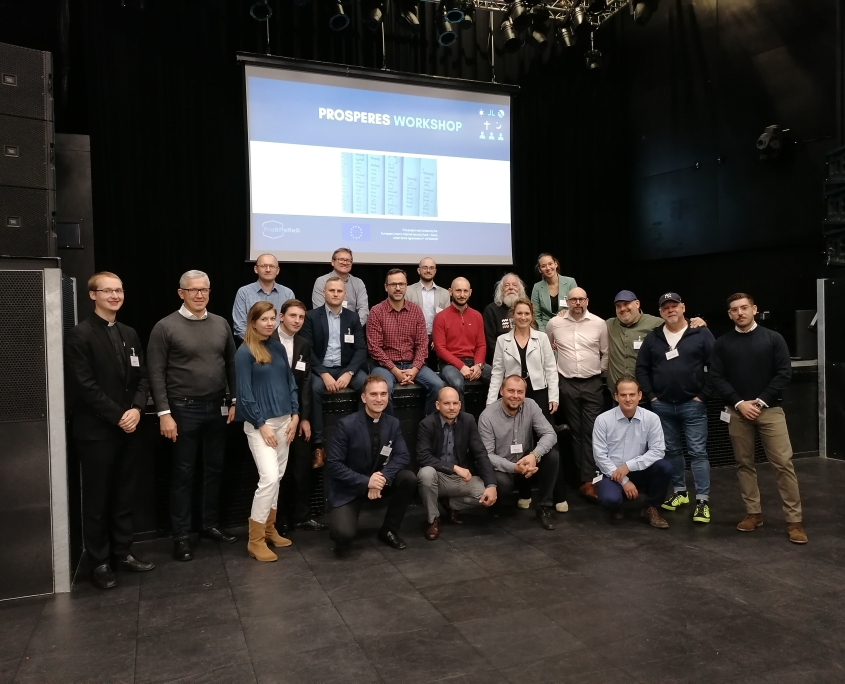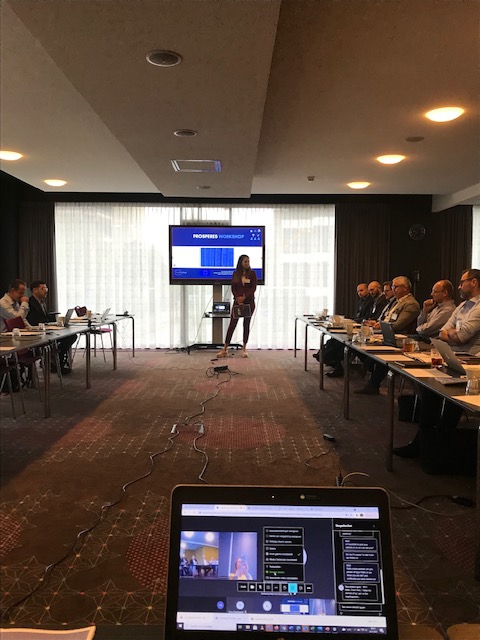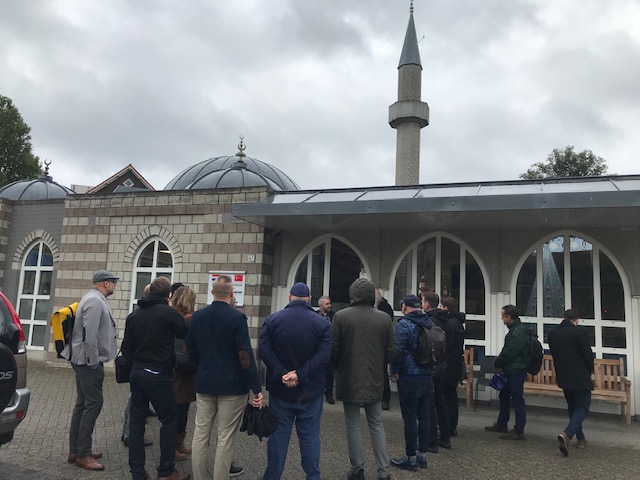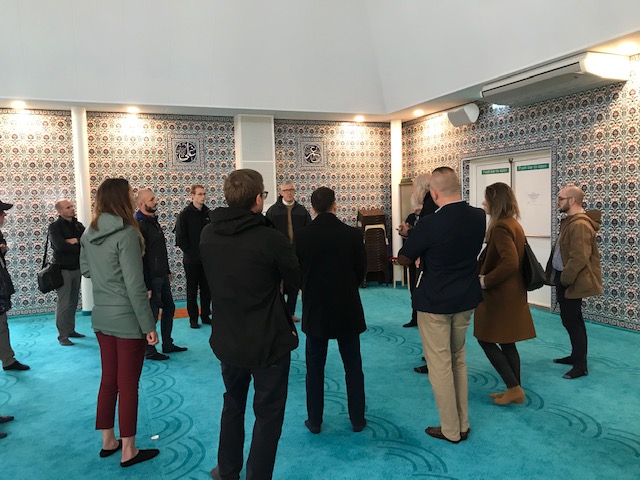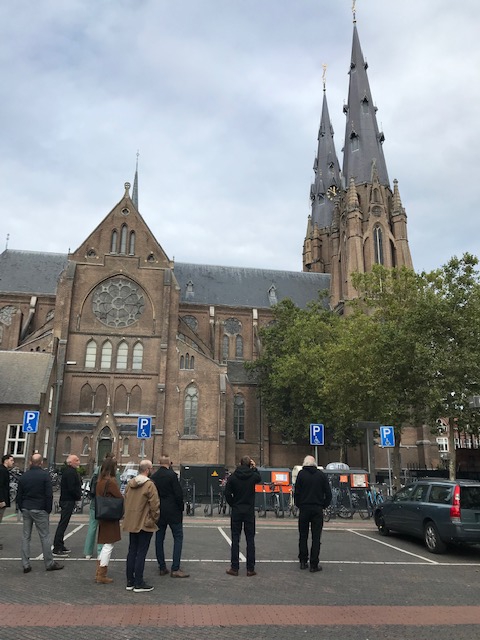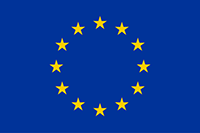For the purposes of ProSPeReS’ WP2, the first Vulnerability Assessment Workshop of the project was held in the city of Ioannina in Greece, between the 11th and 13th of January 2022. The workshop served an educational and research purpose. It focused on modern approaches and security measures for the protection of religious sites against terrorist attacks, the exchange of knowledge and expertise between participants, and finally the execution of a Vulnerability Assessment for the Church of Saint Paisios in Ioannina, based on the EU Vulnerability Assessment Tool- VAT (tool still in development) provided to the ProSPeReS consortium by DG HOME.
The workshop was organised by the Holy Metropolis of Ioannina, with the support and coordination of KEMEA and representatives of the Hellenic Police Headquarters (project partners). The rest of the participants consisted of representatives from the local Hellenic Police, Health Emergency Services, Civil Protection, Fire Brigade, and staff of the Holy Metropolis of Ioannina (operator of the Church).
During the three-day workshop, the current activities of the religious site of interest and security measures in place were identified, and various hypothetical scenarios of potential attacks were generated and discussed between the participants. Based on these scenarios, the probability and consequences of various threats were examined, to draw results of an estimated Risk Level for the religious site against each threat. During this process, the participants engaged in discussion about their current practices for protecting the site of interest, as well as other religious sites before and during high-profile events, the related challenges, and potential measures that could raise the protection of the aforementioned religious site.
Overall, the local participants showed great interest in the workshop and were very active during the brainstorming and discussion sessions, as well as during the execution of the overall vulnerability assessment, providing much valuable input. In general, the EU VAT methodology proved very effective in steering the vulnerability assessment process, and it provided a step-by-step approach which can be utilised by the local stakeholders in the future to make informed decisions, allocate their resources more efficiently and raise the protection of their religious sites. Additionally, the workshop provided an important opportunity for the local stakeholders to directly communicate and interact with each other, potentially enhancing their future cooperation.
While taking into consideration various limitations caused by the COVID-19 pandemic, the workshop was very successful. Moreover, the participants found it very useful, and they expressed their interest to be a part of other similar actions in the future.
WP2 – Vulnerability Assessment & Needs Analysis of Religious sites
A.2.2 Vulnerability assessment – including in-situ visits with workshops
Activity A.2.2. entails the conduct of on-site vulnerability assessments on selected religious sites proposed by the religious organisations participating in ProSPeReS. In light of this, three Vulnerability Assessment Workshops are scheduled in Ioannina (Greece), Lodz (Poland) and Warsaw (Poland). The aim the workshops is to identify security gaps in religious sites and propose security measures to mitigate them, in an effort to raise the protection of the sites against potential terrorist attacks. To achieve this, the workshops rely on the participation of local stakeholders such as the selected sites’ managing body, law enforcement agencies, first responders and municipality that are involved in the protection of the site from a security and safety perspective.

